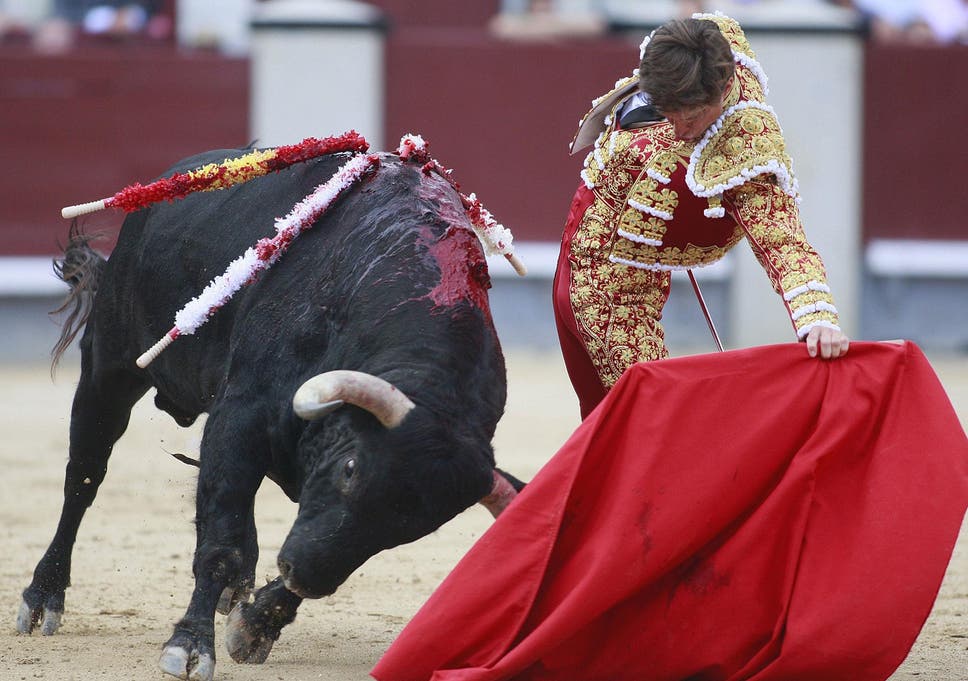Pinatas
The piñata’s bright colors were designed as a symbol of temptation, with the stick representing the will to overcome sin. The blindfold symbolizes faith, while the candies and other goodies are added symbols of the riches of heaven tumbling down on the heads of those who defeated the evil.
Day of the Dead Traditions
During Day of the Dead, or Día de Muertos, October 31 through November 2, families gather together to remember and honor their deceased loved ones. A sacred, joyous time, Day of the Dead traditions include food and flowers, visits with family members, prayers, and stories about those who have died
Siestas
Siestas are one of the best-known Mexican traditions. A short nap taken early in the afternoon, siestas generally follow the mid-day meal and are common in warm environments.
Bull Fighting
Since bull fighting is the national sport of Mexico, it plays a large role in Mexican history. Also known as Charreria, bullfighting is one of the most popular entertainment events in Mexico. Some of the most unique competitions take place at the Plaza Mexico, which seats 48,000 people.
Cinco de Mayo
Cinco de mayo is one of the most important dates in Mexican culture. The celebrations on Cinco de Mayo are meant to commemorate Mexico’s victory over France in 1862. Especially important for the youth of Mexico, Cinco de Mayo celebrations involve crafting, artwork, music, piñatas, and food.
Nicknames
In Mexico, people often give each other nicknames, all of which match the playful and endearing nature of the culture. Some of these include chaparrito, meaning “Short One,” or mi cielo, meaning “My Sky.” There is also chino, for “Curly One,” and abue, the abbreviated version of abuelo or abuela, meaning “grandfather” or “grandmother.”
San Marcos Fair
This fair was created as an opportunity for the farmers to exchange some products and trade them with each other, but with the years it evolved and included entertainment of all kinds like concerts, dances, plays, sports, and a lot more.






